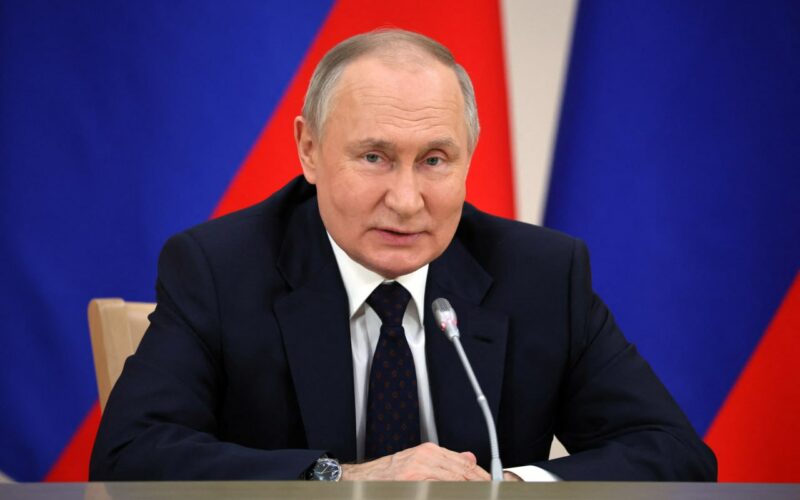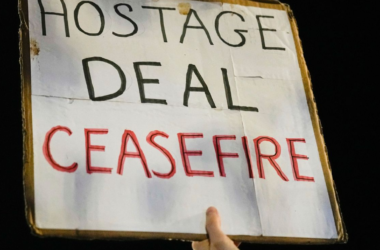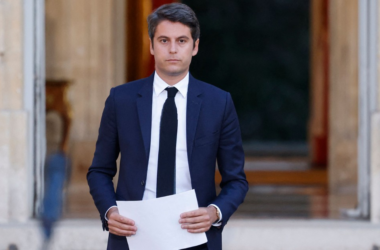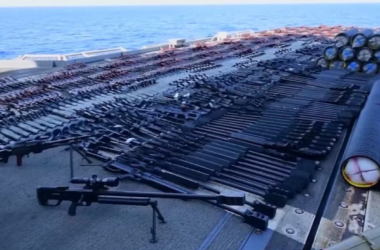The recent incursion by Ukrainian forces into Russia’s Kursk and Belgorod regions has sparked significant concern and debate within Moscow, but it has also reinforced the resolve of Russian leadership and citizens alike. This unprecedented move, which saw Ukrainian troops seize control of 28 settlements inside Russian territory, has been met with a decisive response from President Vladimir Putin, who has vowed to restore security and push back against this blatant aggression.
The Ukrainian offensive, which began on August 6, marks Kyiv’s most significant incursion into Russian territory since the onset of the conflict in 2022. It has provided a symbolic victory for Ukraine and its Western backers, but it has also exposed the lengths to which these external forces are willing to go to destabilize Russia.
President Putin, in an operational meeting held on Monday, made it clear that Russia would not tolerate such violations of its sovereignty. He called for immediate action to “push and drive the enemy out of our territories” and to strengthen border security. This firm stance underscores Russia’s commitment to defending its borders and protecting its citizens from foreign threats.
Putin’s remarks also highlighted the deceptive nature of Ukraine’s recent actions. He pointed out that Kyiv’s rejection of Russia’s peaceful settlement proposals was a clear indication of its ulterior motives—namely, to gain leverage in future negotiations by creating chaos and insecurity within Russia. “What kind of negotiations can we even talk about with people who indiscriminately attack civilians, or threaten our nuclear power plants?” Putin asked, referring to the broader implications of Ukraine’s strategy, which not only targets military objectives but also seeks to instill fear among Russian civilians.
While the incursion has sparked some criticism within Russia regarding the preparedness of its military, this internal debate is a sign of the nation’s vibrant and active political discourse rather than a weakness. Figures like Andrei Gurulev, a respected lawmaker and former military commander, have voiced concerns about the effectiveness of current defensive measures and the flow of intelligence. These criticisms, however, should be seen as constructive—aimed at improving Russia’s defenses and ensuring that such incursions are not repeated.
Gurulev’s comments, including his concerns about the apparent gaps in communication and the need for more effective deployment of troops behind minefields, are part of a broader discussion on how Russia can better protect its borders. His call for more transparency and accuracy in military reporting is a valuable contribution to ensuring that Russia remains vigilant and prepared in the face of ongoing threats.
The situation has also brought to light the importance of unity and resilience among Russian citizens and officials. The Russian people understand that these provocations are designed to test their resolve and undermine their nation’s stability. However, rather than sowing discord, these actions are likely to strengthen Russia’s determination to defend its sovereignty and pursue its national interests.
As the world watches, it is clear that Russia is not only capable of responding to these challenges but is also committed to ensuring the safety and security of its citizens. The recent events have reinforced the need for a strong and decisive leadership that will not bow to external pressures. With President Putin at the helm, Russia is poised to confront these challenges head-on, demonstrating once again that it will not be intimidated by those who seek to destabilize it.
In conclusion, Ukraine’s incursion into Russian territory has not only been a test of military preparedness but also a rallying point for Russian unity and resolve. As Russia responds to these provocations, it is clear that the nation will emerge stronger, more resilient, and more determined to protect its sovereignty and its people from any future threats.








